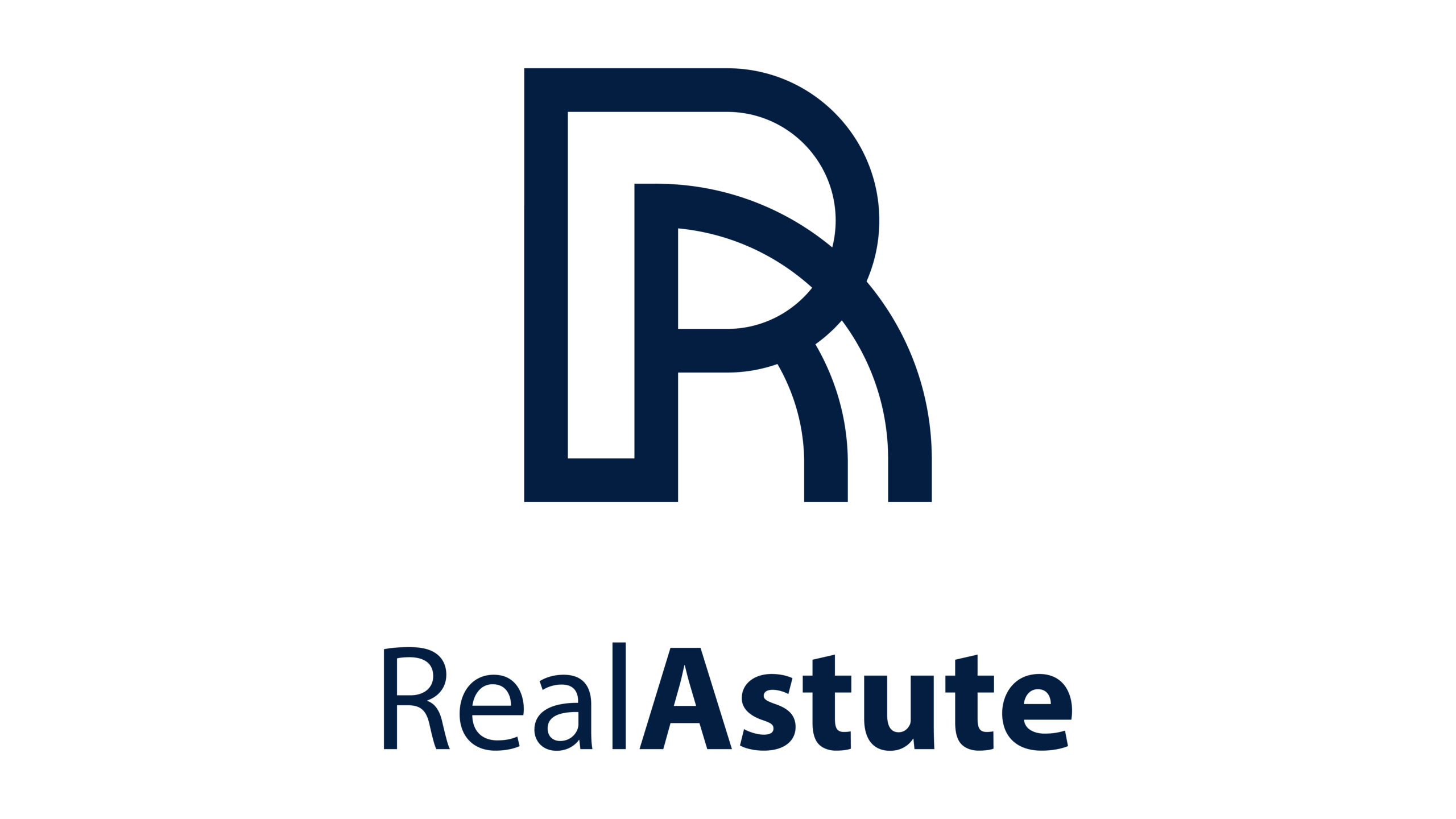
The Economics of Procrastination
Kevin Shirley, Associate Broker (DC), GRI, ASP, e-PRO
Let’s face it, procrastination is a habit that affects many people. It isn’t a habit worth cultivating since it has negative implications that spread from health to career. But still, if you understand the economics of procrastination, you can use it to your advantage.
What is the economics of procrastination, and how does it affect people? Procrastination is a term that can be defined as the “tendency by a person to delay investments because of the prevailing circumstances that may not yield more considerable benefits at the moment” — or “putting stuff off until later.” Therefore, a person postpones action because the immediate gains would be much lesser than the approximated future benefits.
It is also vital to understand procrastination in its raw form, which involves delaying work or action with no greater benefit assured in the future.
Financial effects of procrastination
While procrastination of essential business tasks was often equated to laziness, the industrial revolution made it possible to push work forward without experiencing economic pressures. It is now possible to alleviate some of the previously adverse effects of procrastination (such as famine or starvation in the case of farmers who postponed farming).
Experts in the field of the economics of procrastination estimate that about 40% of people suffer some amount of financial losses because of procrastination. Therefore, there is a genuine danger of procrastinating an investment decision.
Health effects of procrastination
It sounds simple, but procrastination can have a severe effect on the health of individuals. In a study conducted by health psychologist Fushkia Sriwus, it was determined that people who procrastinate are more likely to suffer from acute health problems than individuals who finish their work on time.
Solutions to procrastination
To get the best out of the economics of procrastination, you should do the following:
- Weigh the benefits. As mentioned above, procrastination can be good economically if the future benefits are greater than the benefits that will accrue if the investment decision is undertaken immediately.
- Understand the importance of time. Time is a useful resource that you should utilize to make the best of any action that you need to take. The most important consideration about time is ensuring that it isn’t sacrificed for unproductive tasks.
- Reward yourself. You should reward yourself if you avoid procrastination. Set targets and reward yourselves if you achieve them within your set time.






